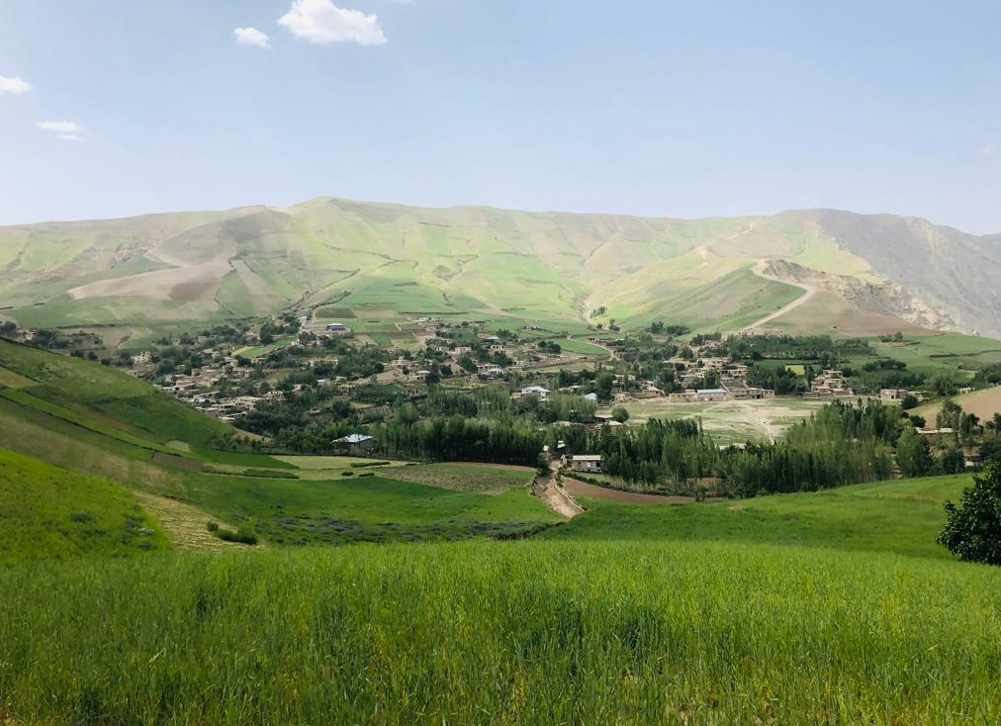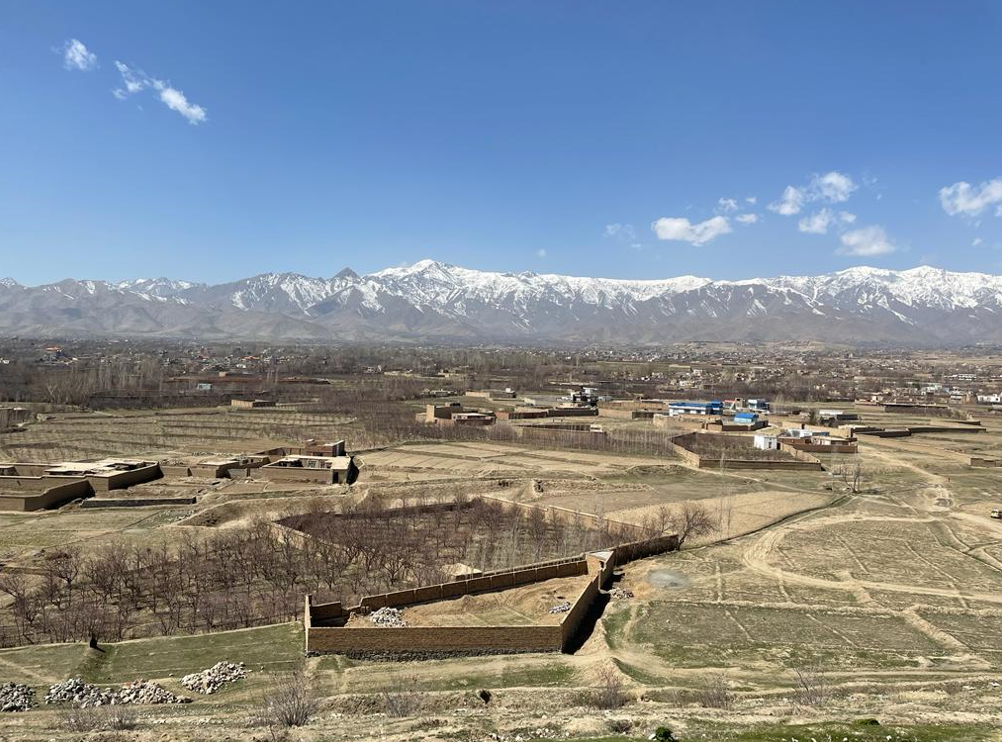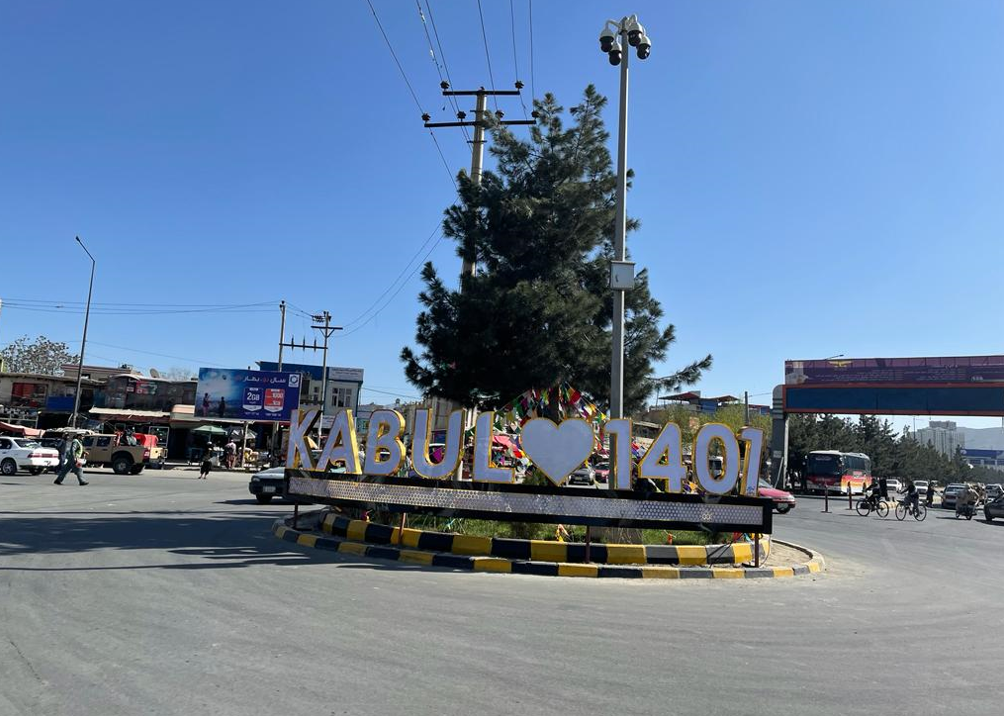Priority for Afghanistan: Security, Zero hunger or gender integration?
Based on the report of the Special Assessment Mission UN on Afghanistan
Recently, the expert community has been actively discussing the report of the Coordinator of the UN Special Assessment Mission for Afghanistan – Feridun Hadi Sinirlioğlu, a Turkish politician and diplomat, prepared in accordance with resolution 2679 (2023) of March 16, 2023. for members of the UN Security Council.
In accordance with this resolution, the Security Council requests the Secretary-General “to conduct and submit fully to the Security Council, no later than 17 November 2023, in accordance with best practices, the comprehensive independent assessment referred to in paragraph 2 of this resolution, after consultation with all relevant Afghan political actors and stakeholders, including relevant authorities, Afghan women and civil society, as well as with the region and the wider international community.”
The Security Council also requests “that this independent assessment provide forward-looking recommendations for a comprehensive and coherent approach by relevant political actors, humanitarian organizations and development actors, both within and outside the United Nations, to address the current challenges facing Afghanistan, including, inter alia, humanitarian issues, human rights human rights, especially women and girls, religious and ethnic minorities, security issues, terrorism and drugs, economic and social issues, including those related to dialogue, governance and the rule of law; and to achieve the goal of a secure, stable, prosperous and inclusive Afghanistan, in accordance with the provisions set out by the Security Council in its previous resolutions”.
Surprisingly, Kabul reacted quite mildly to the assessments of UN experts. You can read the Taliban’s response, for example, here – https://t.me/sputnikaf/25518. A backlash came from Afghan opposition and émigré organizations. According to Eurasia Daily, “the report was developed on the basis of ‘a preconceived policy of appeasement and engagement with the Taliban, without taking into account the recommendations of women, civil society and other groups.'” Commenting on the report, Roza Otunbayeva, Head of the United Nations Assistance Mission in Afghanistan (UNAMA), pointed out that it clearly articulates the end point – the full reintegration of the Afghan state into the international system.
We have not found any information about the further fate of this document and the decisions made.There were no comments on it at the 9515th meeting of the UN Security Council on December 20 – its leitmotif was the problems of gender integrationand.

The Open World Foundation also decided not to stand aside – we have studied the expert report and share our opinion on its main positions.
The document contains assessments of the current problems faced by Afghanistan, as well as offers recommendations for an integrated and consistent approach to solving them.
In our opinion, UN experts have taken an objective approach to assessing the “de facto authorities of Afghanistan” (as defined by the UN) and the current security situation, taking into account the opinions and interests of the majority of parties, and proposing the implementation of the Roadmap for Afghanistan’s full integration into the international community.
The emphasis of the authors of the Report on the regional component of the problem of Afghanistan and the need to take into account the interests of the region is very important.
It is relevant and timely to conclude that it is necessary to organize, as the main measure of the Road Map, an intra-Afghan dialogue, which should lead to an inclusive constitutional order.
However, the human rights situation in Afghanistan, particularly of women and girls, continues to be a red thread. According to UN experts, this situation has become one of the main reasons for the current political impasse. This issue occupies a key place in the Road Map: the first step of the Taliban should be to fulfill the obligations stipulated by international agreements.
It is assumed that “women’s rights” will remain the only trigger in the Taliban’s relations with the international community.
In general, the provisions of the Report strengthen our opinion that the current situation in Afghanistan and around it will continue to form a “case” of complex tasks, the solution of which will determine the state of security in the Central Asian region.

In our assessment, the Special Assessment Mission has made a qualitative attempt to deal with the pressing problems of Afghanistan and to find acceptable ways to solve them. The priority goal is the integration of the country into the international and regional communities.
Given the multifaceted nature of the research conducted by Sinirlioglu’s team, it is impossible to cover all points in one publication. We tried to highlight the most relevant, in our opinion, aspects of the document. In future articles, we plan to return to the positions and opinions of the authors of the Report.
In the meantime, we draw a general conclusion: the current situation in international cooperation on Afghanistan does not correspond to the real needs of the Afghan people and does not solve key problems. Neither the international community nor the Afghans have expressed a desire to resume the armed conflict. The fundamental general principle and basis for future international cooperation should be the pursuit of local, national and regional stability.
——————–

Below we present the most important and, in our view, provisions of the Report.
The authors of the document argue that the current situation has led to an impasse, leaving most of the international relations with Afghanistan in a state of uncertainty, and the current status quo of international cooperation on the Afghan issue does not correspond to the needs of Afghans and the main priorities expressed by stakeholders, including neighboring countries. At the same time, historically, culturally and politically, relations between Afghanistan and its neighbouring and regional states have deep roots.
The UN experts conclude that there is a need for a method of engagement with the region that would take into account previous efforts, with an emphasis on the needs of the Afghan people andrecognition of the political reality in modern Afghanistan.
Human rights
The report states that the Taliban is demonstrating a willingness to make concessions by taking a number of measures in the field of human rights. These include the establishment of human rights offices or ombudsmen in several ministries; the introduction of certain safeguards for detainees; the declaration of a general amnesty for former officials and security forces associated with the previous regime; Ensuring the presence of international observers and various accountability mechanisms.
In December 2021, the Islamic Emirate of Afghanistan issued a decree that prohibits forced marriages and protects the widow’s right to inherit, as well as a woman’s right to choose her husband. However, according to the Report, the protective measures provided for by the decree are not properly enforced, and its overall effect is weakened by the elimination of the legal rights and protection institutions available to women and girls.
The Taliban, for their part, justify human rights restrictions as part of the Islamic faith and Afghan traditions. However, the authors of the document point out that such restrictions do not exist in any other member state of the Organization of Islamic Cooperation, and many Afghans reject the specifics of such local traditions.
Terrorism and drugs
The report states that security conditions inside Afghanistan have improved since 15 August 2021. It is emphasized that over the past two years, cooperation between Afghanistan and its neighbors in the field of border control has become professional. There has also been a sharp decline in corruption offences and abuses by armed groups.
At the same time, some countries point to the presence of terrorist groups in Afghanistan, including members of Al-Qaida. According to these reports, a significant number of fighters from the Tehreek-e Taliban Pakistan (TTP) appear to be finding refuge in Afghanistan and influencing the violent campaign inside Pakistan.
The success of the Taliban in the fight against narcotics is also noted – significant progress has been demonstrated in the campaign to reduce and, ultimately, eliminate the cultivation, processing and illicit trafficking of drugs, thereby contributing to regional and internal stability. However, there is a flip side of the coin: the anti-drug campaign did not find approval among Afghan farmers due to the reason and the lack of international support for alternative livelihoods for the hundreds of thousands of Afghans who received income from the production and trafficking of narcotics.
It is concluded that the impact onopiumpoppy production is likely to have an even greater negative impact on the country’s rural economy, household welfare and macroeconomic stability in the future if it is not accompanied by full support and livelihood injections from donor countries before the start of the 2024 growing season.
Economy, Humanities and Development
According to the authors of the report, thestability of the Afghan economy plays a key role in developing regional trade and reducing social and economic risks for neighboring countries, as well as the potential for uncontrolled migration.
Until August 2021, overall macroeconomic stability was supported by international aid and humanitarian programs. At present, however, there has been a significant deterioration in the situation, as the available levels of aid are inadequate. The banking system is dysfunctional, trade and payments are carried out mainly through informal channels, and private sector financing is virtually non-existent.
Inclusive Governance and the Rule of Law
The report shows that the Taliban’s position on inclusivity is not categorical. However, they interpret the theme of inclusive government as a demand for power-sharing with some former political leaders returning to the government. According to them, the Government is already inclusive because it represents different ethnic groups.
They have also introduced some form of political consultation, most often at the level of regional offices, and have established mechanisms in various departments to allow the public to report and bring concerns to the table.
In turn, the experts of the Monitoring Group consider these measures to be limited, lacking transparency and consistency.
The conclusions are that the development of Afghanistan must be based on national dialogue, and for this purpose it is necessary to create more regular forms of participation for Afghans of all backgrounds and ways of life. It is emphasized that Afghanistan has always been a multi-ethnic and multicultural country, and the involvement of all communities in the country’s governance structures is undeniable from the point of view of ensuring social and political stability.
Recommendations of UN experts
The advisory part of the Report shows the need for an immediate solution to the current economic and humanitarian problems in Afghanistan. At the political level, there is a need for a structured process with clear conditions and expectations for all parties, as well as effective coordination mechanisms. Experts suggest that immediate action be taken to meet the basic needs of the people and build trust through structured interaction. To call on the international community to cooperate on security and stability issues, and to develop a Roadmap for Political Engagement for the full reintegration of Afghanistan into the international community.
Experts also believe that the existing politically motivated approach to assistance to Afghanistan, focused on ad hoc support and short-term measures, needs to be revised. Disintegrating and fragmented initiatives of individual donor states, according to experts, will have negative consequences.
Priority areas of assistance to Afghanistan includesupport for food security and agriculture, counter-narcotics, environmental security, health, including groups with disabilities, war-affected groups, drug addicts and mine clearance. The country’s authorities need assistance incompleting previously launched infrastructure projects.
Undertaking economic dialogue and reforms to remove obstacles to economic recovery, including the reduction of sanctions on the banking sector, financial reforms, and coordination with the de facto authorities of Afghanistan. Disbursement of the resources of the Fund for Assistance to the Afghan People in accordance with the statutes, including the stabilization of the exchange rate and prices. Enhancing international cooperation in areas that support regional and global sustainable development priorities.
Development of cooperation in the field of security to address key issues and ensure regional stability. Revision and updating of the UN Sanctions List, restoration of diplomatic cooperation.
Supporting the media, civil society, cultural and legal initiatives, as well as creating mechanisms for educational opportunities, online learning, employment, microfinance and gender inclusion.

Open World is looking forward to discussing its experience, report and proposals with the expert community on the Telegram social network.





